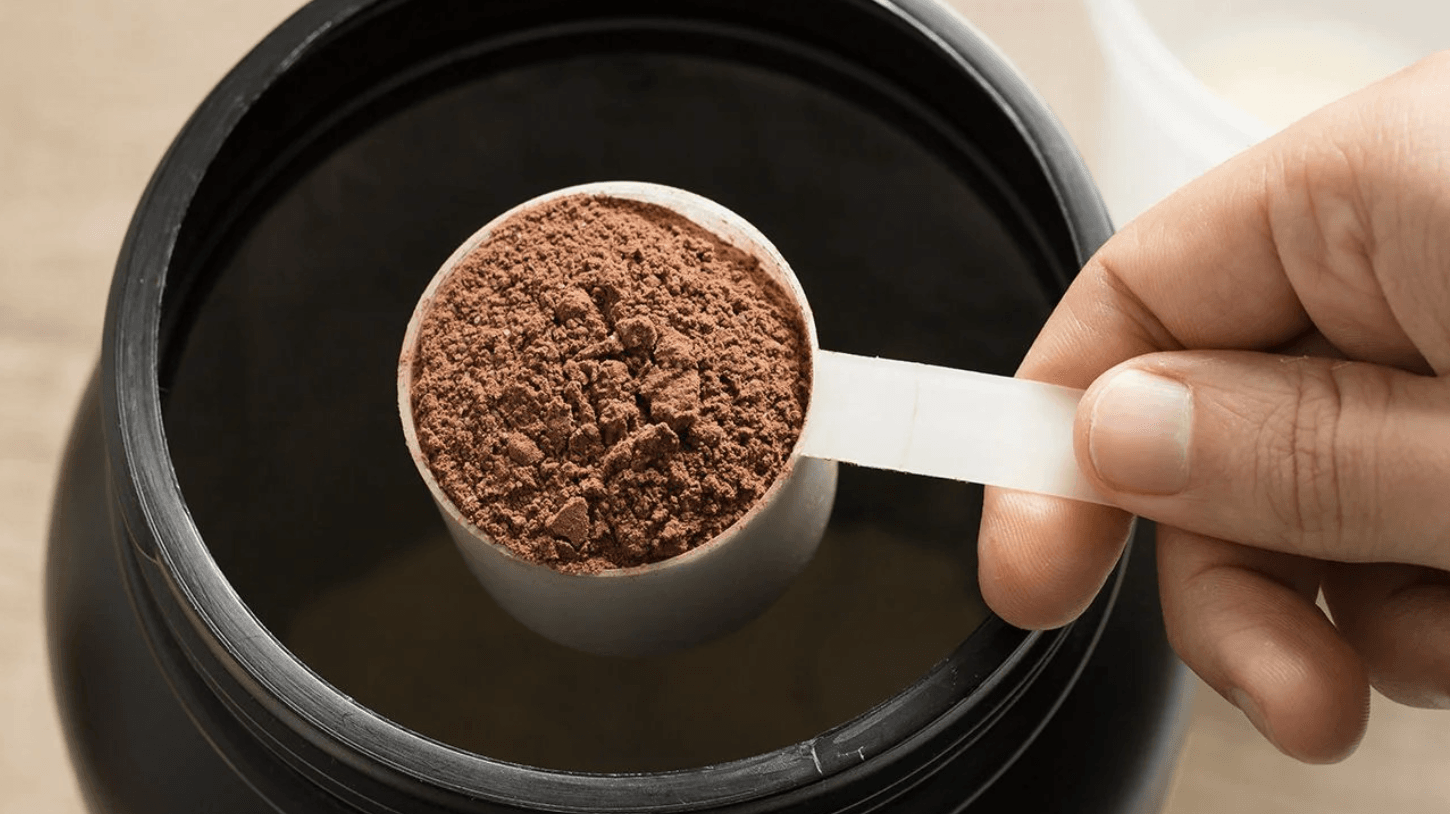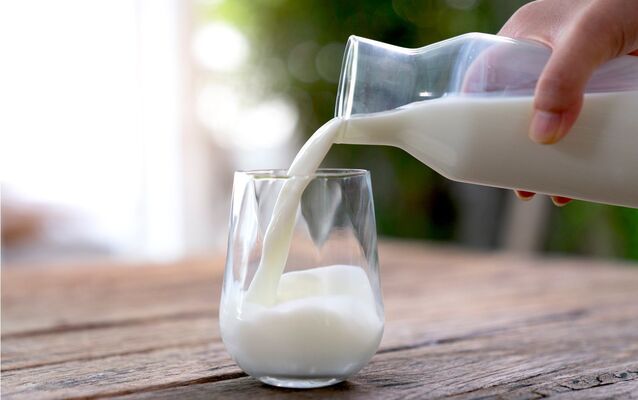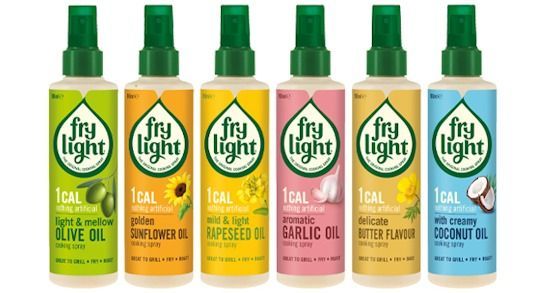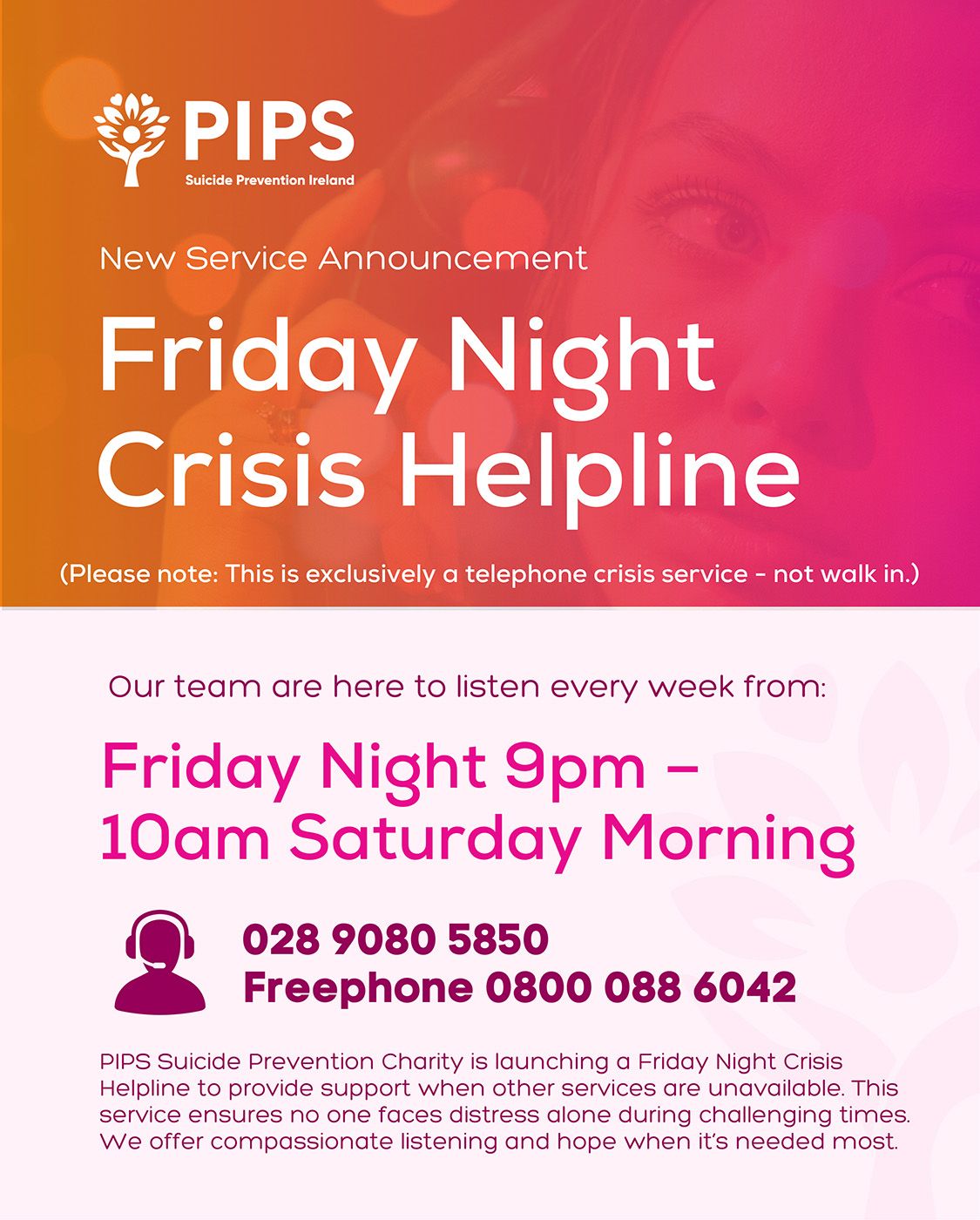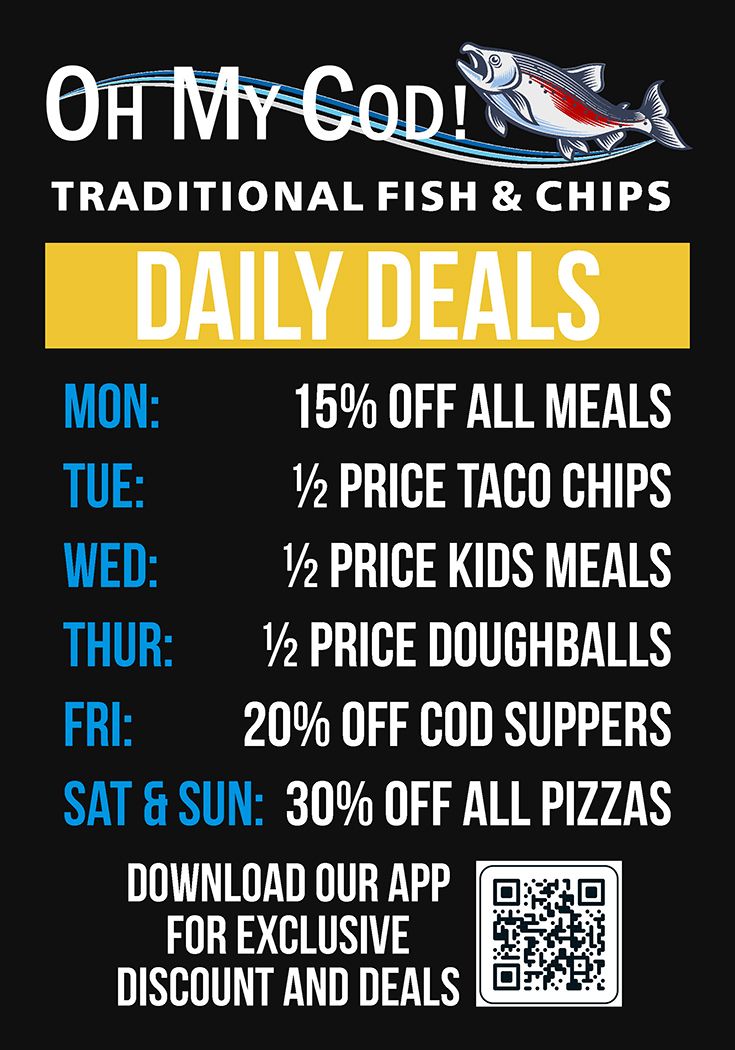PROTEIN is needed for growth, repair and maintenance of our bodies, especially for bones and muscles.Supplements provide a concentrated source of protein to supplement a person’s usual food intake.
They come in the form of protein powders, ready-to-drink shakes and/or protein bars. These can be bought in many supermarkets, health and supplement stores or online. Most people can get enough protein from their dietary intake, and it should always be a food-first approach.
Higher quality protein animal foods include meat, dairy, fish and eggs. Higher quality plant proteins include soya products, hemp seeds, chia seeds, mycoprotein (Quorn), buckwheat, spirulina and bluegreen algae seaweeds. People should aim for three good portions (mix and match) per day from these foods.
Protein recommendations for adults are around 52.5g for a person weighing 70kgs. To work out your protein requirements as an adult simply multiply your weight in kilograms by the number 0.75. This will give you an estimate of grams of protein per day.
People who train usually fall anywhere between 1.4 and 2.0 grams of protein multiplied by their weight in kilograms. Taking additional protein above this (1.4 to 2.0g) is not going to provide any additional benefit. People that train can achieve all their protein requirements from food if their diet is carefully planned. But supplementation can be a practical way of achieving protein needs whilst minimising calorie intake, i.e. food and supplements combined.
Some athletes with body weights in excess of 100kg may find it impractical to get all their protein from foods and may turn to supplements to help increase their intakes. This is totally fine. It’s all about context with regards to protein supplementation. There are no side effects, but beware of tooth decay if there are added sugars. Too much protein doesn’t damage your kidneys but can be a problem for someone with an existing kidney condition.
• Lee McCusker (BA; MSc; MSc; MSc; ANutr; SENr) is a registered nutritionist from Belfast and can be found on Facebook, Instagram and Twitter. Email: attentive nutrition@gmail.com

